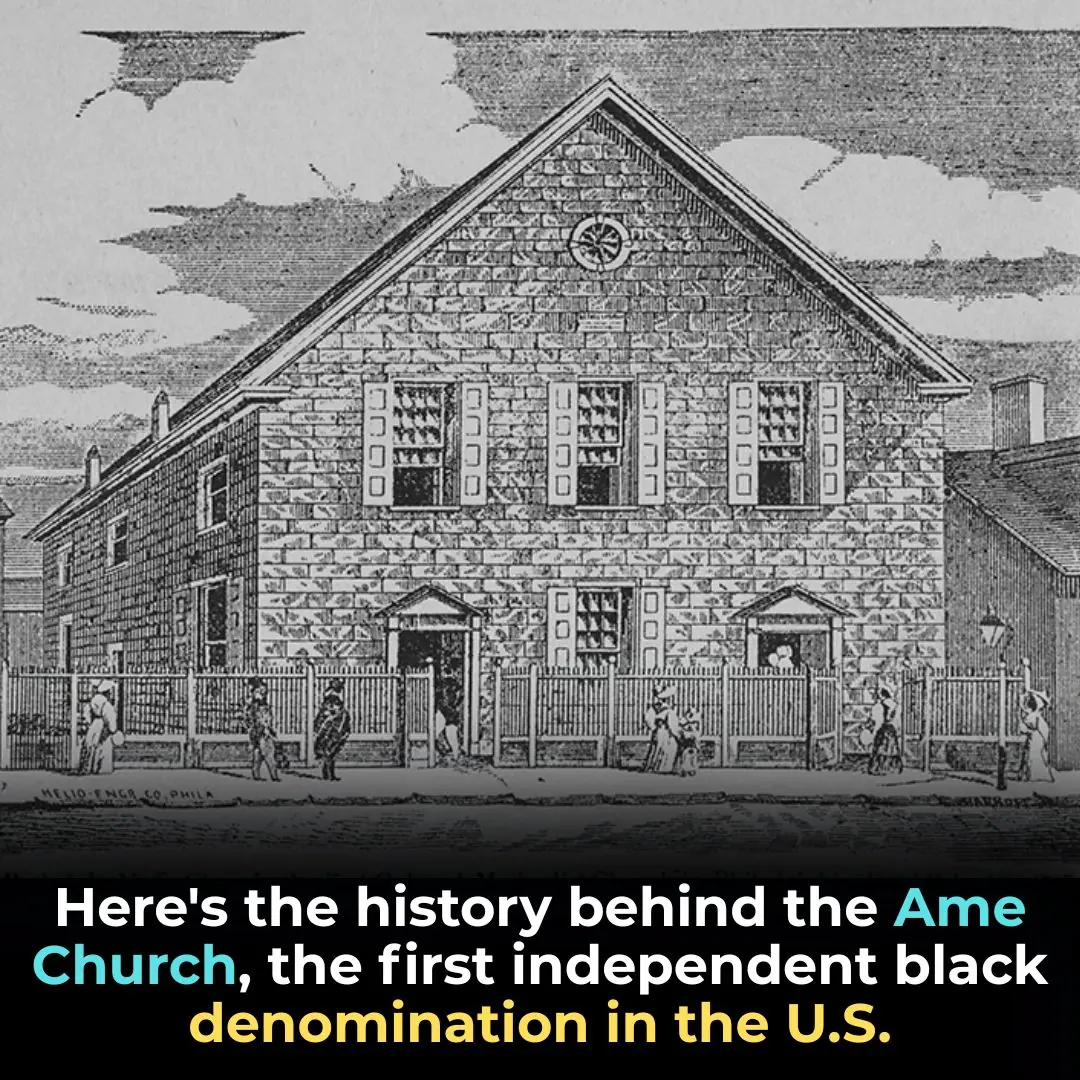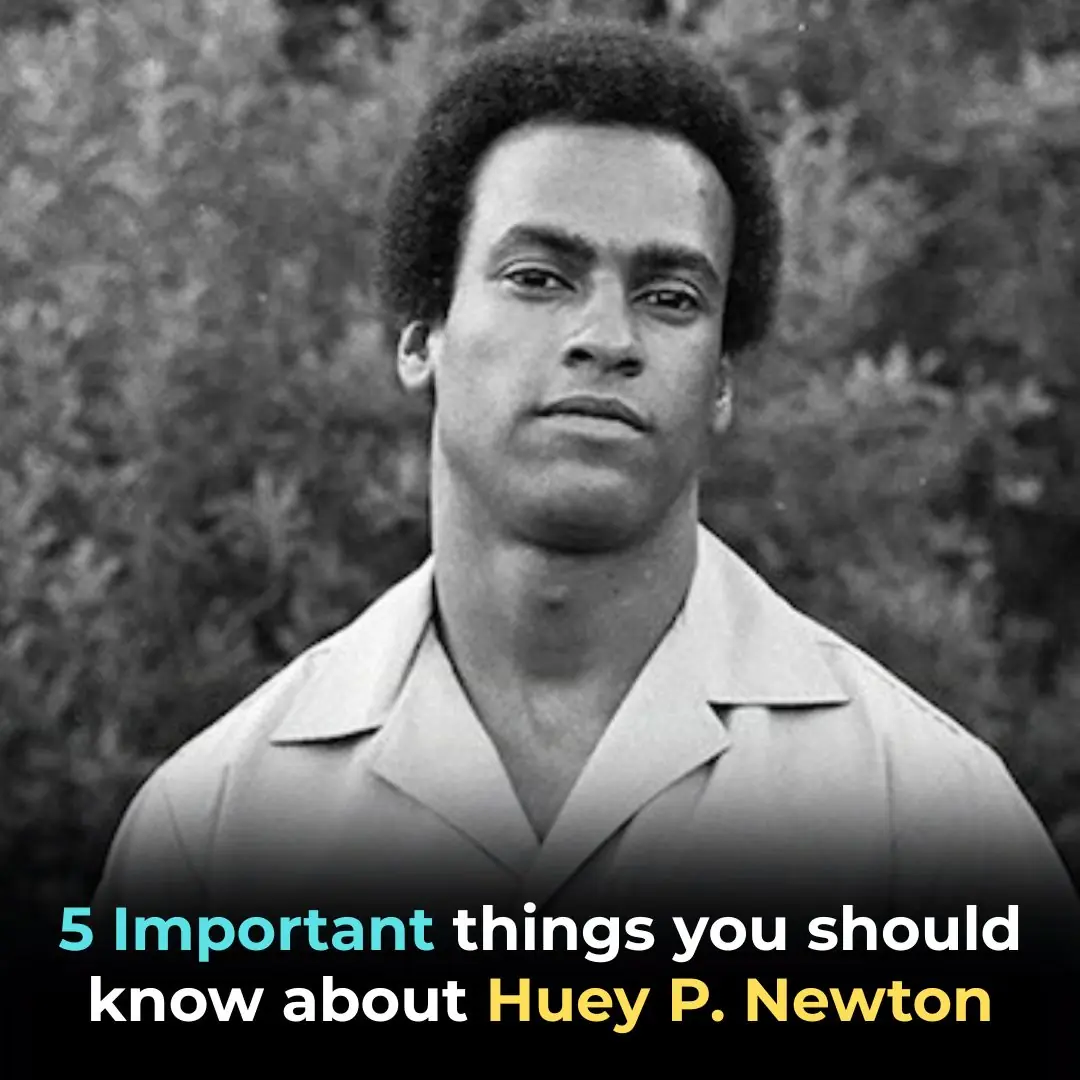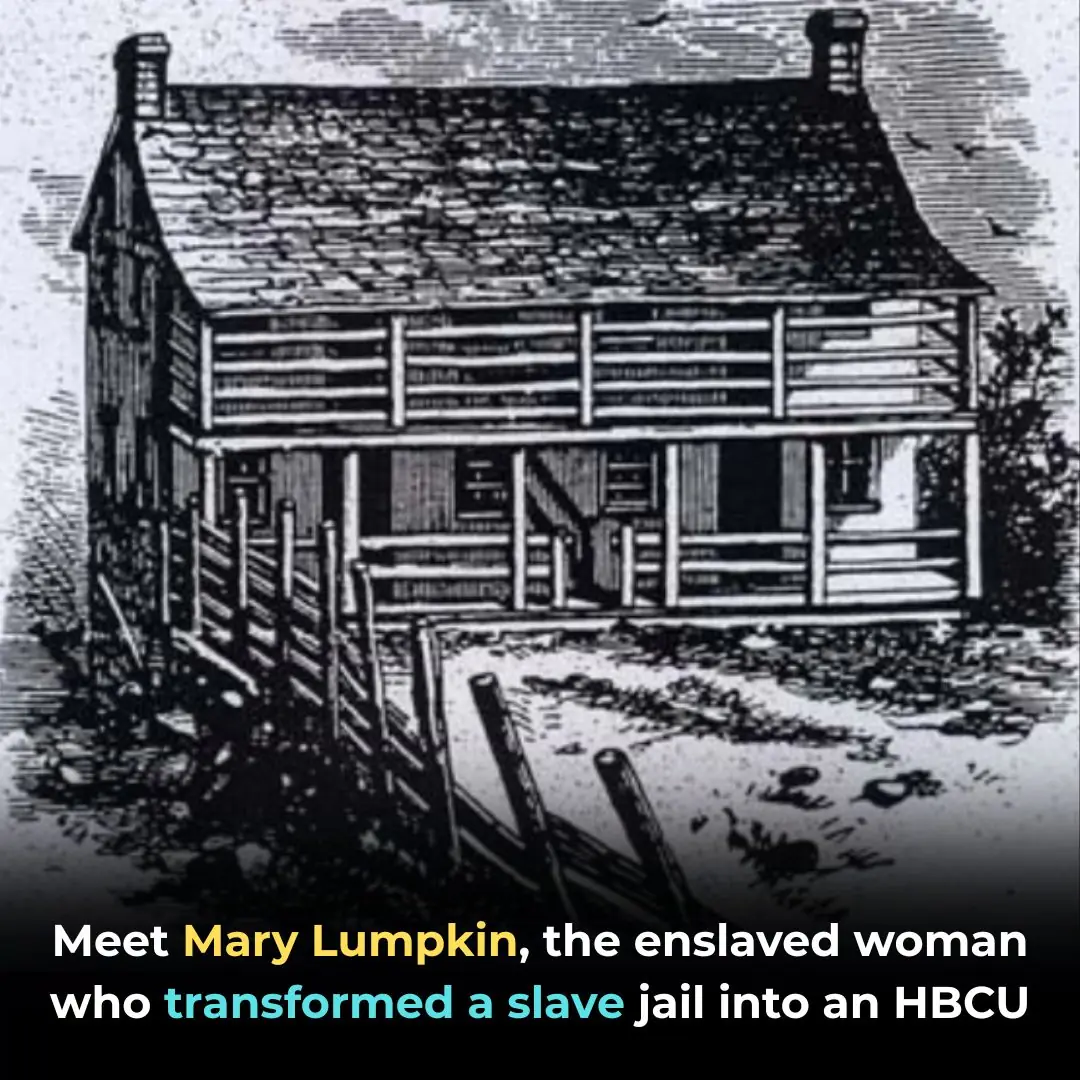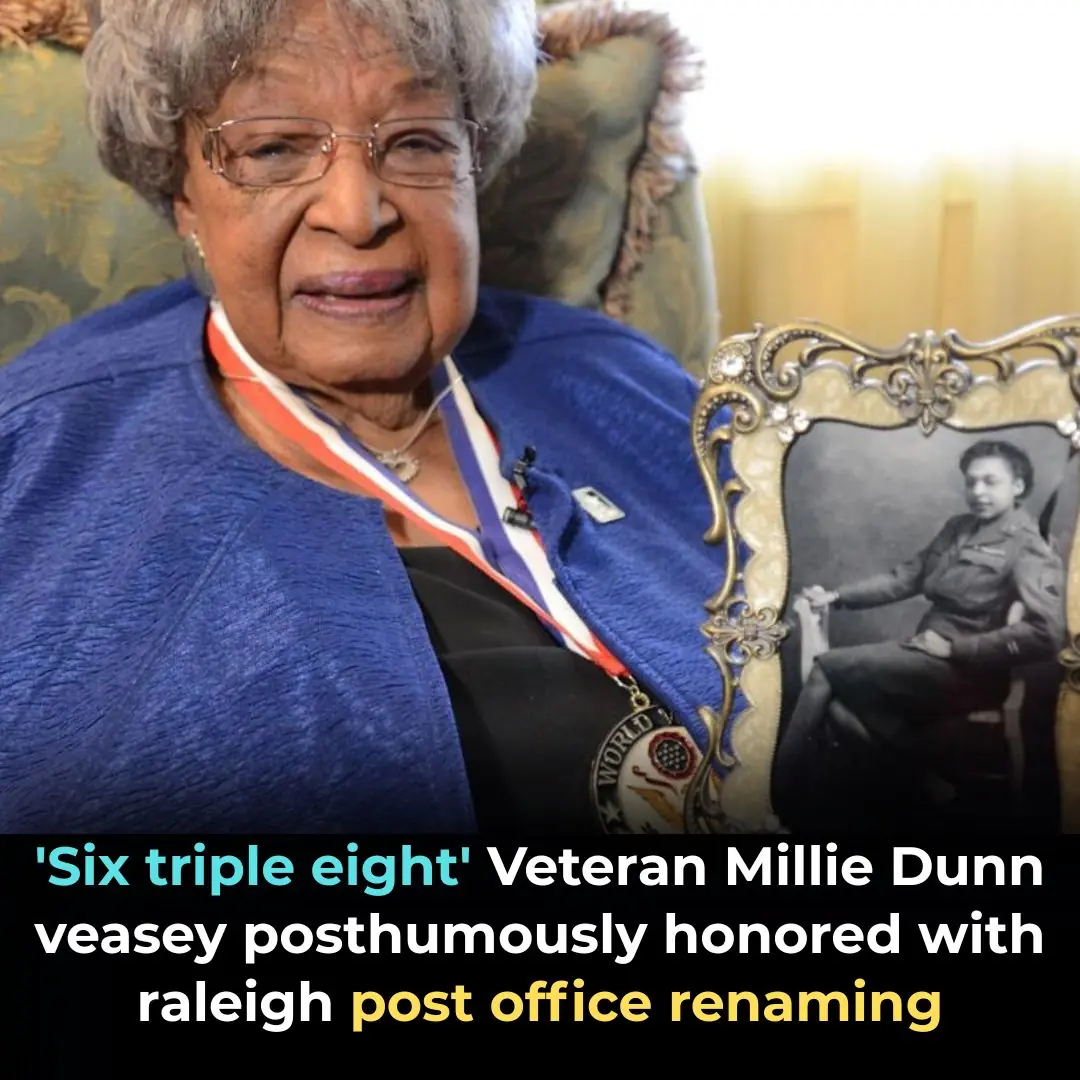
Here’s Why We Should Talk About Aunt Polly Jackson More Often
She Was Determined to Fight Back!
Our ancestors sacrificed everything and fought relentlessly for the freedoms we enjoy today. Long before emancipation was written into law, countless enslaved people and their allies risked their lives to claim the dignity and liberty that every human being deserves. Their determination gave rise to one of the most remarkable freedom networks in American history — the Underground Railroad, a secret system that helped thousands escape bondage in the South and journey toward freedom in the North (Smithsonian Magazine).

This clandestine network, which developed sometime between the mid-18th and early 19th centuries, was operated by a courageous alliance of freedmen, free Black families, and white abolitionists. These conductors and station masters offered food, shelter, and guidance, often at immense personal risk. Every letter delivered, every coded hymn sung, and every hidden route traveled was an act of defiance against one of the cruelest systems in history (National Park Service).
Yet as the Underground Railroad gained strength, plantation owners began to feel its economic impact — losing not only enslaved labor but also the illusion of control. In retaliation, slave catchers and anti-abolitionists created a sinister counterpart: the Reverse Underground Railroad. Disguised as helpers, these predators infiltrated freedom routes to kidnap free or escaped Black people and sell them back into slavery — often for profit or revenge. The system thrived on deception, and for many freedom seekers, it turned their road to liberty into a nightmare (History.com).
Amid this perilous struggle, a fierce and fearless woman named Aunt Polly Jackson emerged as a defender of the defenseless. Her name may not appear in every textbook, but within the oral histories of the Underground Railroad, she remains a symbol of courage and cunning.
Although much about Jackson’s early life remains unknown, what historians do know paints a portrait of extraordinary bravery. After escaping enslavement herself, Jackson found refuge in a settlement called Africa, Ohio, near Ripley — a key stop along the Underground Railroad. The town was home to many formerly enslaved people who were granted land to start new lives. There, Jackson built a small farm, sustaining herself through hard work and resilience (PBS).
But Jackson’s story didn’t end with her escape. Determined to “pay it forward,” she began aiding freedom seekers who passed through her land. Outraged by the increasing violence of the Reverse Underground Railroad, Jackson decided to fight back — literally. Disguising herself as a harmless elderly woman, she armed herself with two unlikely weapons: a butcher knife wrapped in cloth and a kettle of boiling water. She patrolled the routes near her property, ambushing would-be kidnappers and defending the vulnerable with ferocity and wit. According to oral accounts, her unconventional methods earned her a legendary reputation — a lone woman who made slave catchers think twice before approaching travelers near her home.
Her cabin became a safe haven for those fleeing north, offering temporary shelter, food, and crucial information for the next leg of their journey. Jackson’s direct resistance and unwavering courage inspired others to take similar action, and soon, word spread about the mysterious “Aunt Polly” who refused to let fear win. Her defiance reportedly helped deter slave hunters along that section of the Underground Railroad, a small but powerful victory for the cause of freedom (Same Passage; National Underground Railroad Freedom Center).
While Aunt Polly Jackson’s name may not appear in the same breath as Harriet Tubman or Sojourner Truth, her heroism is a vital part of the broader narrative of resistance and empowerment. Her story demonstrates how one person’s determination — armed with nothing more than household tools and an unbreakable spirit — can change the course of history.
Today, her courage stands as a reminder that freedom was not freely given; it was fought for, tooth and nail, by ordinary people who refused to be powerless. Aunt Polly Jackson’s legacy lives on through every story of defiance, every act of resistance, and every step toward justice.
Because of her, we can.
News in the same category


If You Spot This Snake in Your Garden, Leave It Be — Here’s Why It’s Actually Your Garden’s Secret Best Friend

Here’s The History Behind The AME Church, The First Independent Black Denomination In The U.S.

Timothée Chalamet hints at major next step in Kylie Jenner relationship in tight-lipped interview

Jaw-dropping new Trump approval ratings shows what Americans really thinks of him

Secret to Creamy Gourmet Mashed Potatoes

Christina Applegate makes rare comments about late boyfriend’s fatal drug overdose: ‘I tried everything

Strictly star Harry Aikines-Aryeetey reveals ‘out of body experience’ as he addresses ‘mistake’

Strictly star George Clarke opens up on ‘scary’ paparazzi incident with famous girlfriend: ‘Why is this relevant?’

Traitors star calls out Joe Marler’s ‘rule break’ in show finale: ‘It’s not really within the rules to do that’

‘Pause That Lil Interview’: Carmelo Anthony’s Behavior During Son Kiyan’s Postgame Session Has Fans Calling Out His ‘Drunk Dad’ Energy

Hannah Ferguson Is The Proud Owner Of The First Black Woman-Owned Cidery In Ohio

5 Important Things You Should Know About Huey P. Newton

Meet Mary Lumpkin, The Enslaved Woman Who Transformed A Slave Jail Into An HBCU

‘Six Triple Eight’ Veteran Millie Dunn Veasey Posthumously Honored With Raleigh Post Office Renaming

‘Sun Ra Arkestra’ Jazz Musician Marshall Allen to Release Debut Solo Album at 100 Years Old

10 Weird Winter Pest Control Tricks That Actually Work

Put Two Glasses on the Door Handle — A Small Action That Brings Big Safety Benefits

Rats Running on the Ceiling? Try These Simple Tricks to Get Rid of Them for Good
News Post

If You Spot This Snake in Your Garden, Leave It Be — Here’s Why It’s Actually Your Garden’s Secret Best Friend

Don’t Throw Away Grapefruit Seeds – These Tiny Seeds Have Surprising Benefits

Sprinkle Salt Around Your Home on Rainy Days – It Sounds Strange, but the Results Are Amazing

Remove Bad Odors from Your Refrigerator Overnight with These Simple Tricks

Researchers Accidentally Capture Drone Footage of the Year: A Wild Bond Between Predator and Prey

Top 10 Herbal Teas That Actually Kill Cancer — Why Is This Being Hidden? | Healthy Care

DON'T IGNORE! Top 8 Warning Signs Of Blood Clots

Castor Oil After 50: This Is What Happens After 7 Days Of Use!

He Couldn’t Pull Her Out — So He Held Her Hand.

Mix One Ingredient With Orange Juice To Flush Toxic Buildup From The Lungs

Drink one cup daily of this juice to UNCLOG arteries?

MISTAKE #1 WHEN CHEWING CLOVES (YOUR HEALTH IS IN DANGER)

Pure vs. Adulterated Honey: How to Differentiate Real Honey from Fake with a Simple Water Test

I had no idea this was a thing

Guardians of the Gentle Giants.

Add white vinegar to dishwashing water: Simple cleaning tips that will never be too expensive

Lady places cup of vinegar into microwave. Here’s the genius reason why

To the Little Boy at the Science Museum.

Works like a charm
